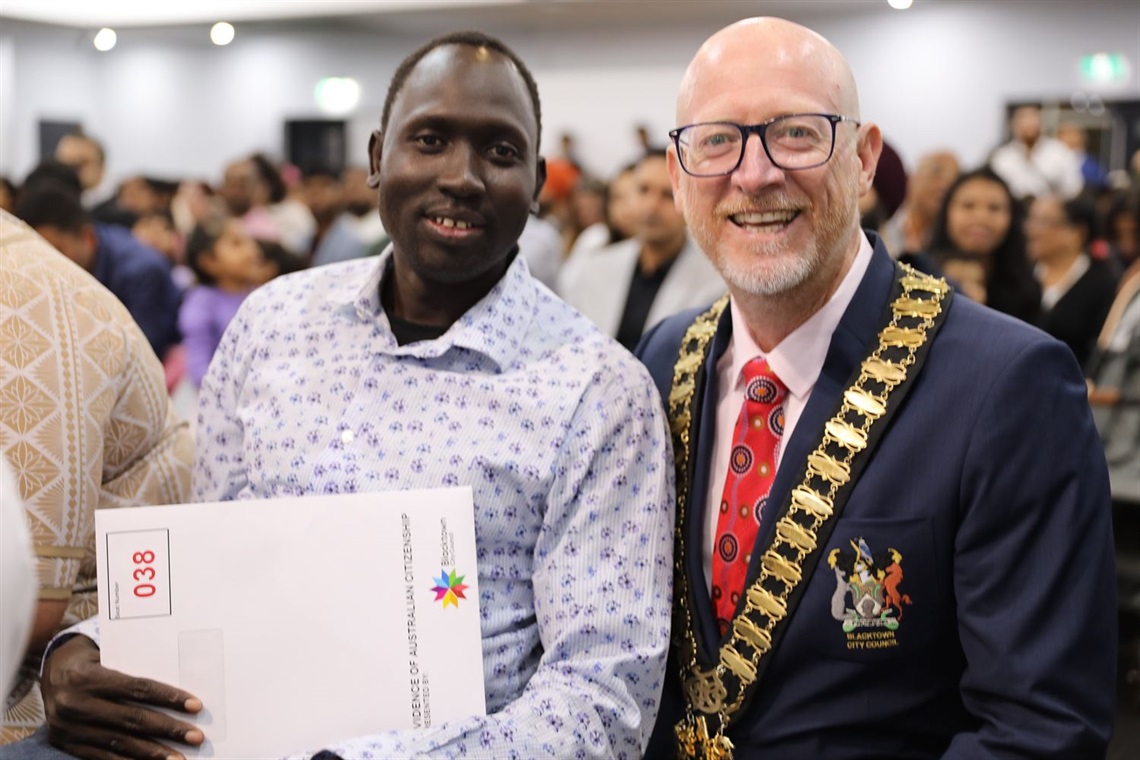
A new study highlights the need for reforms in Australia’s retirement system to ensure fairness for Aboriginal and Torres Strait Islander people. Conducted by researchers from The University of Queensland, The University of New England, and Griffith University, the research calls for an inclusive approach that addresses the unique challenges faced by Indigenous communities.
The report, published in the Australian Journal of Social Issues, outlines significant disparities in retirement savings and access to pensions for Aboriginal and Torres Strait Islander individuals compared to their non-Indigenous counterparts. This inequity is attributed to a combination of historical injustices, lower workforce participation rates, and systemic barriers that continue to impact these communities.
While the national retirement age is set at 67 years, many Indigenous Australians face additional hurdles that delay their ability to secure adequate retirement savings. Factors such as high rates of unemployment and underemployment contribute to lower superannuation contributions, which in turn affects their financial stability in later years.
The authors of the study emphasize that a one-size-fits-all approach does not serve the diverse needs of Australia’s Indigenous population. They advocate for tailored financial products and services that recognize cultural contexts and provide accessible pathways to retirement planning.
In addition, the researchers suggest that educational initiatives should be implemented to improve financial literacy within Aboriginal and Torres Strait Islander communities. By empowering individuals with knowledge about retirement options, the study asserts that people can make informed decisions that enhance their economic well-being.
Dr. Sarah Thompson, a lead researcher, stated, “Addressing the retirement gap for Aboriginal and Torres Strait Islander people is not just an economic issue; it is a matter of social justice.” She further noted that the government must take proactive steps to ensure equitable access to retirement benefits.
The findings of this research come at a crucial time as discussions surrounding Indigenous rights and recognition grow in Australia. The ongoing debate over constitutional reform and the voice to Parliament underscores the importance of addressing systemic inequalities in all areas, including financial security.
In conclusion, the research presented by these universities calls for immediate action to reform the retirement system. By implementing targeted strategies that consider the unique circumstances of Aboriginal and Torres Strait Islander people, Australia can move towards a more equitable future, ensuring that all citizens enjoy the benefits of a secure retirement.







